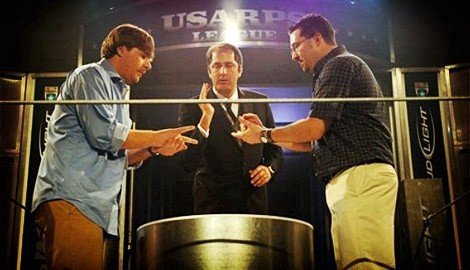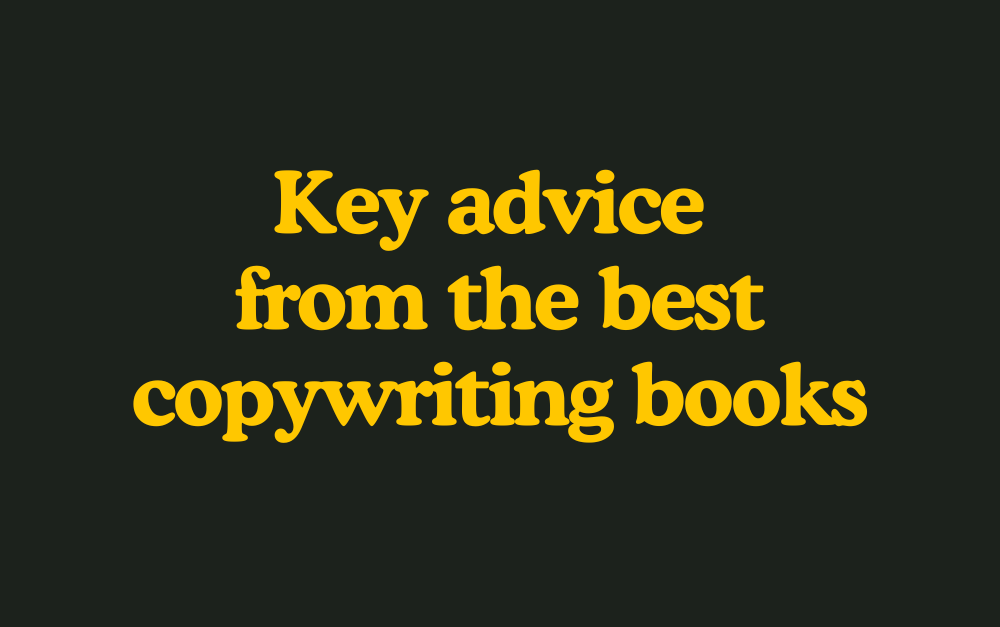Hacking my way to better writing
I’ve always been curious: why do we yawn when we see someone else yawn? Why do we, at times, subconsciously imitate the people we are closest to? Is there a reason we start acting and talking like our friends that we spend the most time with?
Many of us believe that if you’re yawning, you must be exhausted, but according to a new study, not all yawning is based on energy levels. Not going to lie, the entire time I was researching and writing this post, I was yawning (please let me know if you don’t yawn at all during this post).
Yet, I was drinking a Starbucks grande peppermint mocha, and I had a great night’s rest the night before.
There are two types of yawning: ‘spontaneous’ and ‘contagious’.
(Now you’re probably wondering what the heck does this have to do with writing?? Hold on, I’m getting there… ;)
Spontaneous yawning happens when you’re bored or tired. Spontaneous yawning is first observed in the womb, while contagious yawning doesn’t begin until early childhood.
Contagious yawning is actually a phenomenon that only occurs in humans and chimpanzees as a response to hearing, seeing, or even thinking about yawning. Some scientists point out that only sociopaths aren’t prone to contagious yawning.
According to Dr. O’Garro-Moore:
“When we are more focused on individuals around us, we have greater concern for them, feel some degree of dependency, and hold a desire to be liked. These factors lead people to mimic others more.”
We often mimic people we admire. If you’ve ever been studying or working with a person that you hold in high esteem, you tend to sit the same way as them. Or maybe even your facial expressions will match theirs.
The scientific reasoning for mimicking others is explained by a brain neuron called the ‘mirror neuron’.
Mirror neurons are brain cells that fire both when you watch someone else do something and when you do the same thing. These neurons are linked to being able to understand facial expressions and how that person is feeling. The mirror neuron system responds immediately to the sight of any action — often before the conscious brain recognises what is happening.
Rock, Paper, Scissors event in the US
This scientific reasoning is used by professional rock, paper, scissors (RPS) players. (Yes it’s a thing.) Jason Simmings, a professional RPS player tested this theory in the mall while shooting a promotional video for the game. Approaching a man in a cowboy hat he asked him if he had a second to play a game of rock, paper, scissors. Making the sign of scissors with his hand he asked, “You throw on four, right?” The two men count to four and on four, Simmons beats the other man by throwing a ‘rock’ to his ‘scissors’.
You might think Simmons had just as good of a chance to tie or lose as he did to win. Simmons does not. A series of experiments found that people playing the game rock, paper, scissors are far more likely to ‘draw’ (match their opponent’s gesture) when they can see each other.
Psychologists who made the discovery say the unconscious desire to mimic is so powerful, it occurs even when people know they will be penalised for drawing a game.
Richard Cook, from University College London, said:
“From the moment we’re born, we are frequently exposed to situations where performing an action accurately predicts seeing the same action, or vice versa.”
Simmons deployed a common ‘street’ tactic. When he flashed scissors while demonstrating when to shoot, Simmons primed his opponent to play scissors. The game ceases to be based on pure luck when you can influence or predict your opponent.
People who study the game state that because of the mirror neurons, it's common for mimicking to be present in the game. Pure avids of the game are convinced that if the brain could be trained well enough, it’s possible you could automatically form a pair of scissors when your opponent makes a paper gesture — instead of automatically making the paper gesture yourself.
Imitation can be a beautiful thing. Something that we as humans use to connect on a deeper level with each other.
Copying allows us to develop and grow into well-rounded beings. It’s an important part of learning, and should be an important part of our writing.
🔎 Related: Being original is a scam. Here’s how to be truly authentic
This leads to my point of why copying is important in order to become a better writer. When I was still in school, plagiarism found in my papers was my worst fear.
At the school I attended, plagiarism won you an F, detention, and if you committed the evil deed too often, you were expelled.
But, research papers are formed from a type of plagiarism, right?
Copying.
As I wrote the endless papers required of me, I quickly became a master of copying others’ words but putting enough of a twist on them to make my writing sound original. (Here’s to hoping my English teachers don’t read this.)
Guilty feelings slowly crept in, I mean, of course, history’s best and brightest writers, simply had to put pen to paper, and like a flood, the breathtaking, awe-inspiring words would easily appear. Only lowly, untalented writers like me would have to copy others’ words to get an A on a paper.
As I read about this topic of copying, I realised the truth…
Most great writers were copiers
Shakespeare, Steven Pressfield, Cormac McCarthy, Jack London, Robert Louis Stevenson, Wallace Stevens, Ben Franklin. All of them. Copiers.
They knew writing doesn’t just emerge from some hidden compartment inside of them. Writing, like any great skill, has to be cultivated.
The great writers before you and I knew that in order to write anything worthwhile, they had to put in the single-minded devotion to improving their writing.
🔎 Related: 3 incredible writing tips that absolutely blew my mind
After his writing had been rejected from many publications, Jack London, began reading and copying the works of his hero, Rudyard Kipling. He would read the article and then take a separate piece of paper and copy Kipling’s work word for word. He would pay special attention to the mannerisms, phrases, and stylistic use of his hero’s words.
“As to myself, there is no end of Kipling in my work. I have even quoted him. I would never possibly have written anywhere near the way I did had Kipling never been. True, true, every bit of it.”
Robert Louis Stevenson implemented the same tactic Jack London used, reading the work through twice and then copying the material from memory. Stevenson was known for his ability to, “pick the right word upon the point of his pen.”
Cormac McCarthy was known to use entire pages from history books in his writing. He even “borrowed” the villain from Samuel Chamberlain’s, My Confessions.
“The ugly fact is books are made out of books.”
The great works and the originality that we appreciate today from these men are actually forged from years of imitation and copying.
This brings up the question:
Are we all merely copies and remixes of those before us?
If we’re copying everyone are we losing ourselves to someone else? Have we lost all originality?
I think not. As long as you are allowing your unique story to seep into your writing, honing your writing skills through copying and imitating the greats before you will only allow you to develop your own distinctive techniques.
Your turn
Here’s how to get started and dramatically improve your writing.
Find a writer who inspires you: You’re going to be spending some time with this person’s words, so choose someone who you admire in every way. I would recommend choosing more than one person to emulate, the combination of several different writers will give your writing it’s own signature flare.
Write by hand: Wait, what?! Don’t use my laptop to tap out all these words you’re telling me to copy? Nope. Scribble instead. Studies have shown that we learn so much more and think even clearer when we write by hand.
Make copying a frequent habit: Just like any sport, to become exceptional at it, writing is a talent you have to work at often. Take the time out of your day, I like to sit down for twenty minutes, and just copy. Don’t be fooled by how easy and mindless this task is.
Soon, your brain will begin to pick up on the cadence and how the powerful words of the writer can almost leap off the page and motivate the reader.
Most importantly, be yourself. Be original
“Be influenced in a way that no one recognises.” — Billy Collins
Transcend above your influences. Learn all you can from them. Take the best of their advice for yourself, but in the end, your first responsibility should always be to go further than those you’re imitating and break past the boundaries to create something new.
🔎 Related: What sloths can teach writers about taking risks
As you implement this technique into your writing, your work will become a beautiful combination of those who inspire you and something that’s a true reflection of your own voice.
We might subconsciously imitate those we admire, but copying should also be a conscious, active part of your writing.
Now, get out there and copy something.
=====
Now that you’ve read this, you may also be interested in





